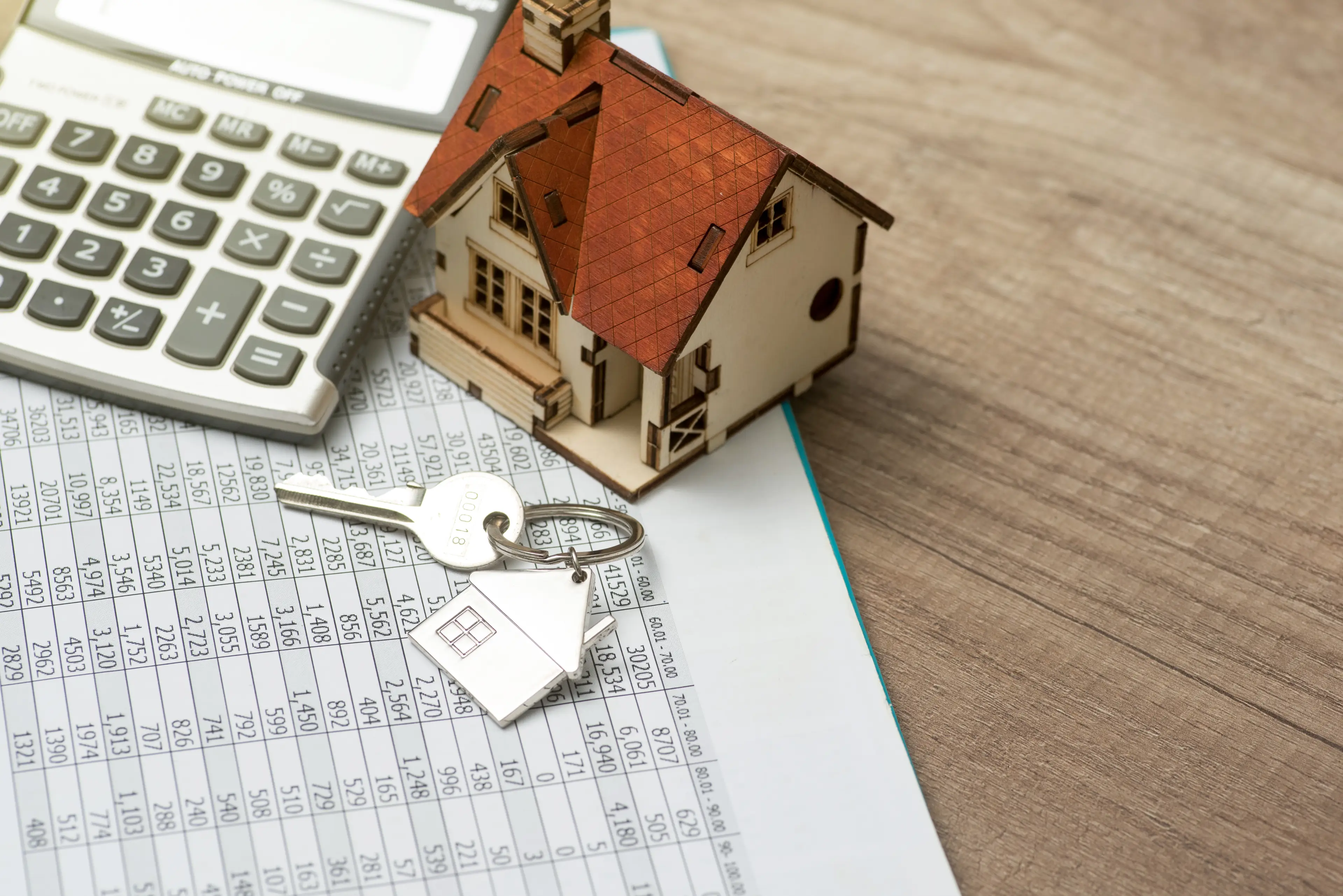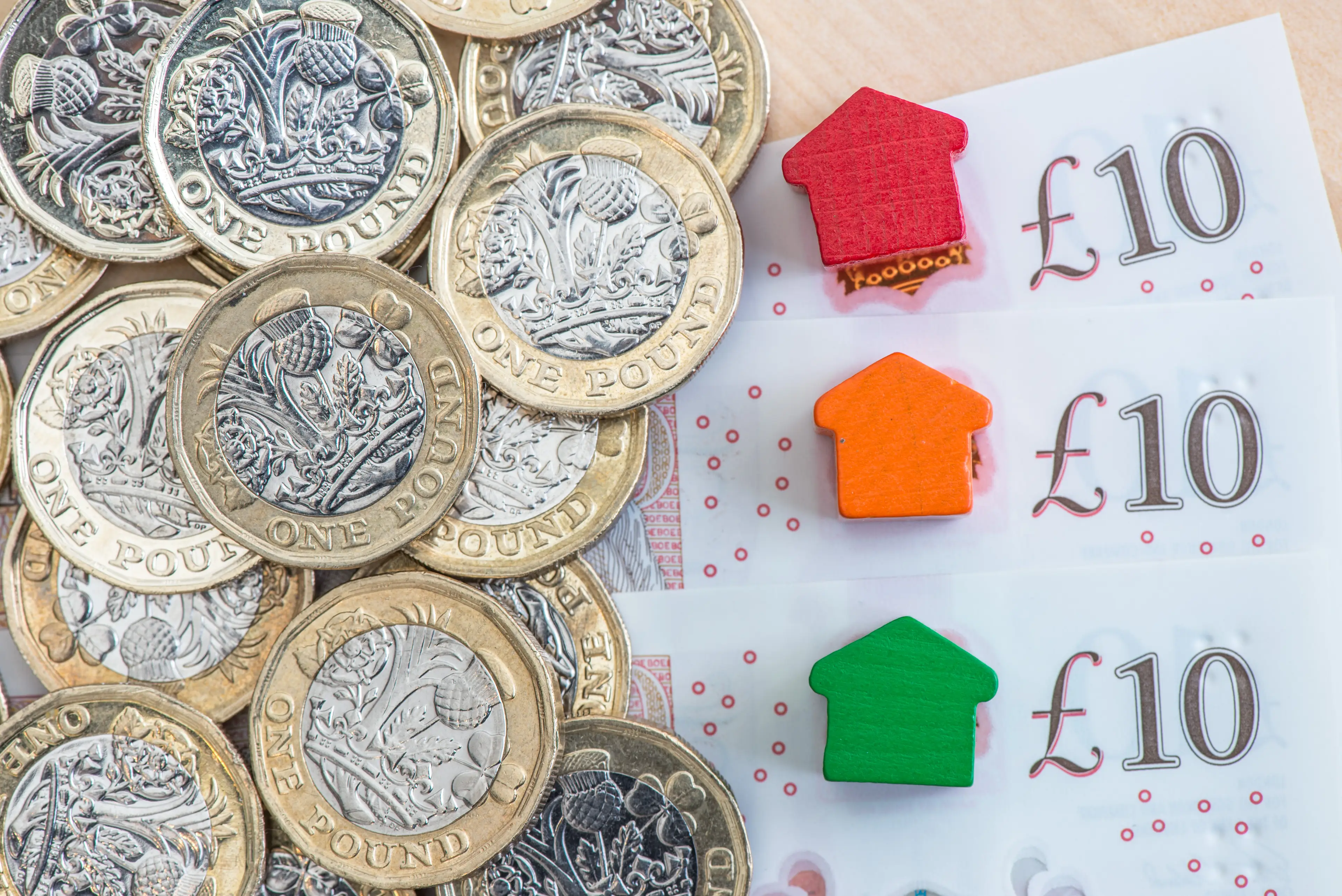
The house buying process is the opposite of stress-free. And for those going through it for the first time, it can feel completely overwhelming.
But it's a process many feel they'll never actually get to experience due to just how difficult it can be to secure a mortgage; whether that be in up-front deposit costs or earning enough to buy a property worth roughly four times your household income.
Many looking to leave renting to buy a house or flat find themselves asking the age-old question: Why doesn't my years of paying extortionate rent rates count towards anything when it comes to buying?
Advert
It comes as a new first-time buyer mortgage has been made available to Brits with just five grand needed to secure a house worth up to £500,000.
The average monthly rent in the UK is currently £1,276, which is well more than some people's mortgage repayments.
In 2022, a YouGov poll found that 76 percent of Brits were of the belief that banks and other lenders, such as building societies, should consider a person's renting history as proof of affordability when it comes to paying back a mortgage.
But it's not as simple as that, and banks do have their reasons for why a history of renting counts for nothing when it comes to buying a house.

Why don't banks accept rent as proof you can afford a mortgage?
As LandlordZone explains, those offering mortgages have to obey the rules of the Financial Conduct Authority (FCA).
It says the FCA 'takes in to account all round income and deposit payments', adding: "The rules are there to ensure that mortgage applicants can still afford keep up their mortgage repayments if interest rates are to rise, which is even more likely as of now in an inflationary period.
"Owning a house also entails additional costs, unlike renting where the landlord is responsible for all repairs. Repairs, maintenance, buildings and contents insurance are all costs which most renters do not have.
"A typical mortgage stretches out 25 years into the future, so assessing costs over that period is a different matter than meeting costs of a short term renting period.
"It all boils down to the fact that most mortgage lenders won't take into account a person's ability to pay their rent on time, every time, as proof positive that they can afford to meet an equivalent mortgage repayment."

What additional costs do homeowners have to pay?
Home insurance which is a must-have legal requirement if you want a mortgage. Those paying a deposit less than 20 percent will also need to pay private mortgage insurance.
There's also council tax, which your landlord can pay if you're renting.
And then you have to also factor in the ability to make repairs to the property that is officially your responsibility to maintain, rather than a landlord's.
Back in 2017, Parliament debated the issue of years of rent payments not counting for anything if someone is trying to get a mortgage under their belt.
Speaking at the time, Paul Scully MP said: "I’m surprised no one has really pushed this before."
Topics: Home, UK News, Money, News, Cost of Living